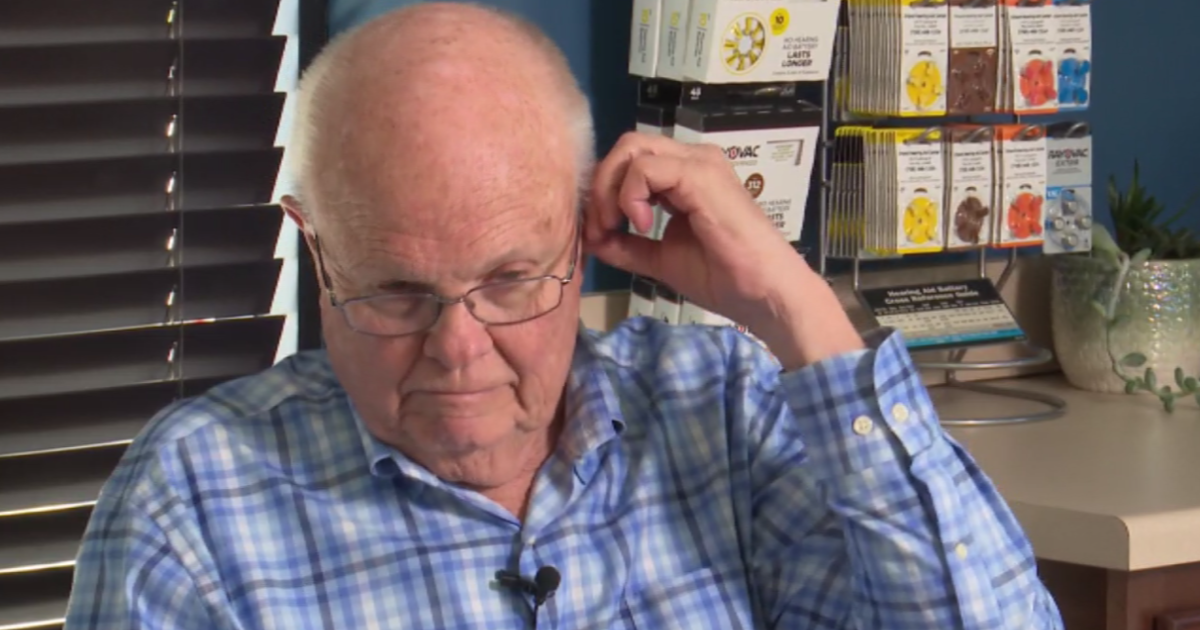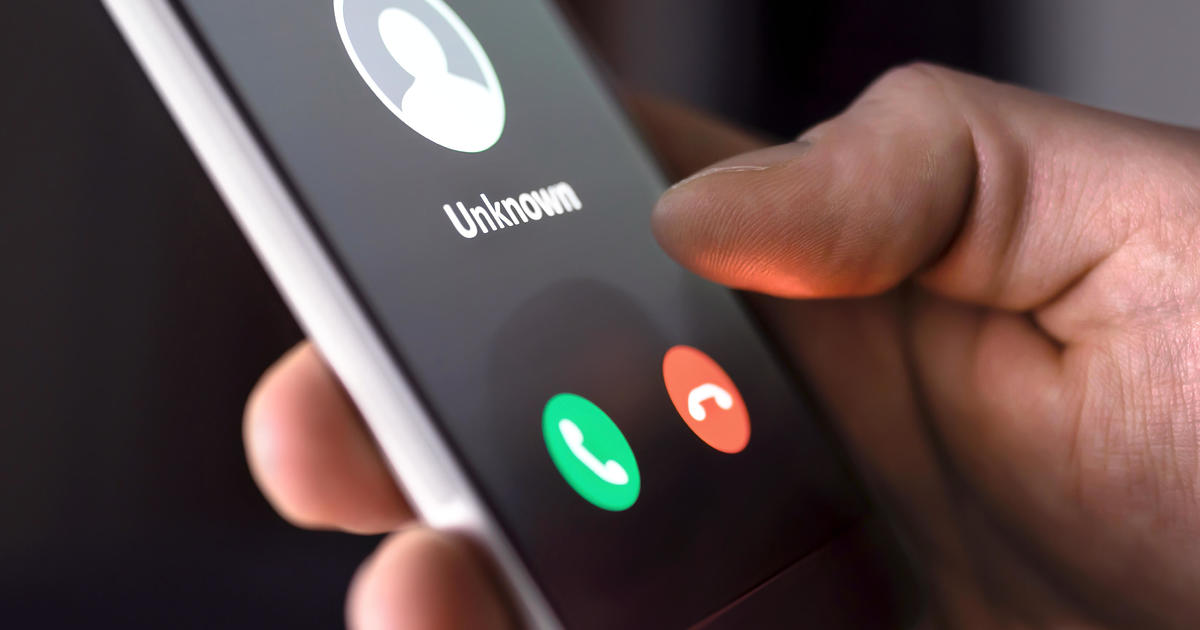Expert: Be Careful When Choosing Health-Related Apps For Your Smart Phone
(CBS) – It's been called the wild, wild west of the medical industry: smart phone apps designed to keep track of your health information.
But what concerns should consumers have about the privacy of that information?
CBS 2's Rob Johnson takes a closer look at this issue and offers some important advice.
The sheer number of smartphone healthcare apps is dizzying. Experts say most people have no idea what they are getting themselves into when it comes to keeping their information private.
"I think it's there. People just don't bother to read it because you usually have to click that you have read it," says smart phone user Nancy Jackson.
With so many questions, that's where technology privacy expert Rebecca Busch comes in.
"The bottom line is, people think they are protected but they need to understand that they're not," she warns.
Busch has literally written the book on privacy in a technology-driven world. She says you need to make sure any app you use adheres to the rules of HIPPA, the healthcare privacy law.
"I think their privacy policy should be right on the website from the get-go," she says.
If a patient transmits medical information to an insurance company like United Healthcare or a medical facility like the Mayo Clinic through an app, that information is protected by HIPPA.
For everything else, you better check the fine print in the app's privacy policy. For example, the popular weight-loss app "Lose It!" says it tracks "anonymous traffic data" but does not include "personal diet data."
"If they don't have a clear consent policy or privacy policy, I wouldn't use it," Busch says.
Busch says her greatest concern is the possibility of medical identity theft.
"I think my greatest concern is if someone has my height my weight my date of birth, they can actually use my name to go get health services," she says.
In the iTunes store, there are nearly 2,000 weight-loss apps. When you add in the general healthcare apps, there are thousands more, each with their own levels of privacy and security.
This privacy issue is also of concern to Professor David Sorkin, who teaches technology law at John Marshall Law School.
"If you want to install an app, for example, to help you lose weight, you're going to have to put in information about your weight. And if you don't want that information shared, then you might not want to use that app in the first place," Sorkin says.
Another bit of advice from him: In general, a free app is likely to include a lot of advertising and is therefore more likely to share your personal information with advertisers than a paid app.



